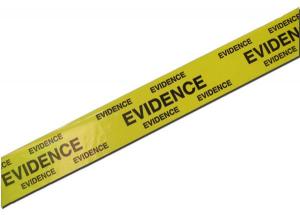While entering a convenience store parking lot, you accidentally bump another car while pulling into a parking space. There is no one in the car. You go in side the store and ask around to find the car’s owner. However, you strike out. The owner is nowhere around. What do you do? Florida law, under Florida Statute 316.063, requires a driver in this situation to leave a note with the driver’s name, address, and registration number in a place on the damaged car that can easily be seen. Afterwards, the accident should be reported to the police without unnecessary delay. After doing the things that you required to do by law, you are free to leave.
Leaving the scene of an accident in Florida is not necessarily a crime. under Florida Statute 316.063, but leaving without providing the information above can land you in hot water. Not contacting the police as soon as possible can get you into trouble also. Leaving the scene of an accident or a” hit and run” that involves only property damage is a simple misdemeanor and NOT likely to get you jail time or anything like that, but it is too simple to avoid for you to be in trouble with the law. Leaving the scene of an accident involving injuries is another story. Just as there is a duty to provide certain information after a crash, there is also a duty to render aid to people injured in a crash. Leaving the scene of an accident involving injuries is a felony offense that can be punishable by a prison sentence.











 Often, people who are being investigated want to talk to police to explain things. They wish for the best and hope that they can remove the possibility of an arrest or a warrant being issued. The truth is talking with the investigating detective or officer is almost always a bad idea, if you’re the target. Florida law, under
Often, people who are being investigated want to talk to police to explain things. They wish for the best and hope that they can remove the possibility of an arrest or a warrant being issued. The truth is talking with the investigating detective or officer is almost always a bad idea, if you’re the target. Florida law, under 
